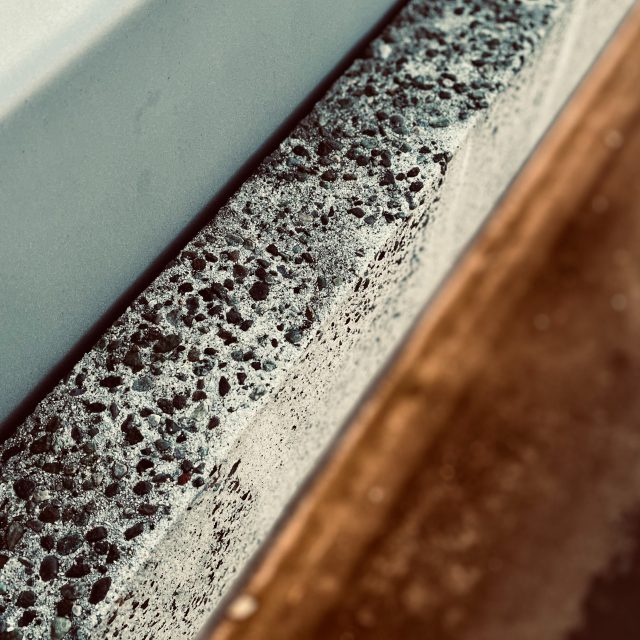What are the health risks of black mould?
Black mould, also known as Stachybotrys chartarum, can produce harmful mycotoxins that can pose health risks, particularly to individuals with weakened immune systems or pre-existing respiratory conditions.
Here are some of the health risks associated with black mould exposure:
1. Respiratory problems: Exposure to black mould spores can cause a range of respiratory problems, including coughing, wheezing, and difficulty breathing. It can also trigger asthma attacks and exacerbate other respiratory conditions.
2. Allergies: Black mould can cause allergic reactions, including a runny nose, itchy eyes, and skin rashes.
3. Headaches and fatigue: Prolonged exposure to black mould can cause headaches, fatigue, and other flu-like symptoms.
4. Immune system suppression: Black mould exposure has been linked to immune system suppression, making individuals more susceptible to infections and illnesses.
5. Neurological problems: Some studies have suggested a link between black mould exposure and neurological problems, including memory loss and difficulty concentrating.
6. Toxicity: The mycotoxins produced by black mould can be toxic and may cause a range of health problems, including liver damage, kidney damage, and cancer.
It is important to note that the severity of the health risks associated with black mould exposure depends on factors such as the amount and duration of exposure, the individual’s age and overall health, and the type of mycotoxins produced. If you suspect black mould in your home, it is important to address it immediately.
For professional help, contact Damp Control for a free inspection.

Trusted Local Experts
In Great Yarmouth & Lowestoft
Completely Safe
Dry Steam Cleaning
Book an Inspection
Free local inspections
